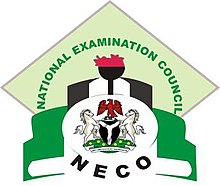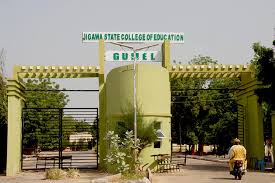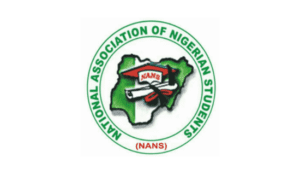
Rivers Govt committed to tertiary education improvement — Wike
…As IAUE graduates 5,512 students
Barth Ndubuwah,Port Harcourt
The Rivers State Government has reiterated its commitment at transforming tertiary education in the State. The State Chief Executive, Nyesom Wike stated this Saturday during the 41st Convocation Ceremony of the Ignatius Ajuru University of Education in Rumuolumeni, Port Harcourt.
Represented by his Deputy ,Dr. (Mrs.) Ipalibo Harry Banigo, Governor Wike said, “Our efforts and investments have culminated in providing a conducive environment, including infrastructure, improved conditions of service and industrial peace for all our universities to provide quality education to all students.”
The Governor who described the Ignatius Ajuru University of Education as one of our most valued tertiary educational assets, noted that the State Government has done its best within the past eight years to strengthen the University to continue to deliver on its mandate.
According to the Visitor of the School, education remains the key to prosperity from generation to generation, stressing that his successor would consolidate and continue with the transformation of all State tertiary institutions.
He expressed satisfaction with the transformational strides of the Acting Vice Chancellor,Prof Okey Onuchuku, which he said includes the accreditation of most of the University’s academic programmes within a short period.He urged him to take all necessary and effective measures to restore public confidence in the standards and quality of the University’s postgraduate degrees and certificates.
Governor Wike congratulated the Vice Chancellor, management and staff of the institution for their efforts in producing the graduands, which according to him would translate to an addition to the State and nation’s pool of human capital development.
Governor Wike congratulated the graduands for the life transforming achievement and also congratulated their parents, guardians and sponsors for their support and sacrifices.
In his address, the Acting Vice Chancellor, Prof. Okechuku Onuchuku, said “Our gratitude knows no bounds on account of the numerous assistance packages this University has received as direct interventions from the desk of Governor Nyesom Wike, His Excellency most generously funded the following key programmes which include a full renovation of the Ndele Campus, funding accreditation exercise, construction/completion of drainages in St. John’s Campus ,as well as recruitment of teaching and non-teaching staff.”
He informed the graduands that the University expects them to properly utilize the certificates to which they would be admitted today, and take advantage of the limitless opportunities it offers to them in the larger society as a passport to higher earning power and upward mobility.
A total of 3,742 First degree and 1,770 Higher degree certificates were conferred on candidates who have satisfied all the stringent criteria spelt out by the Senate of this University for the award of degrees.



